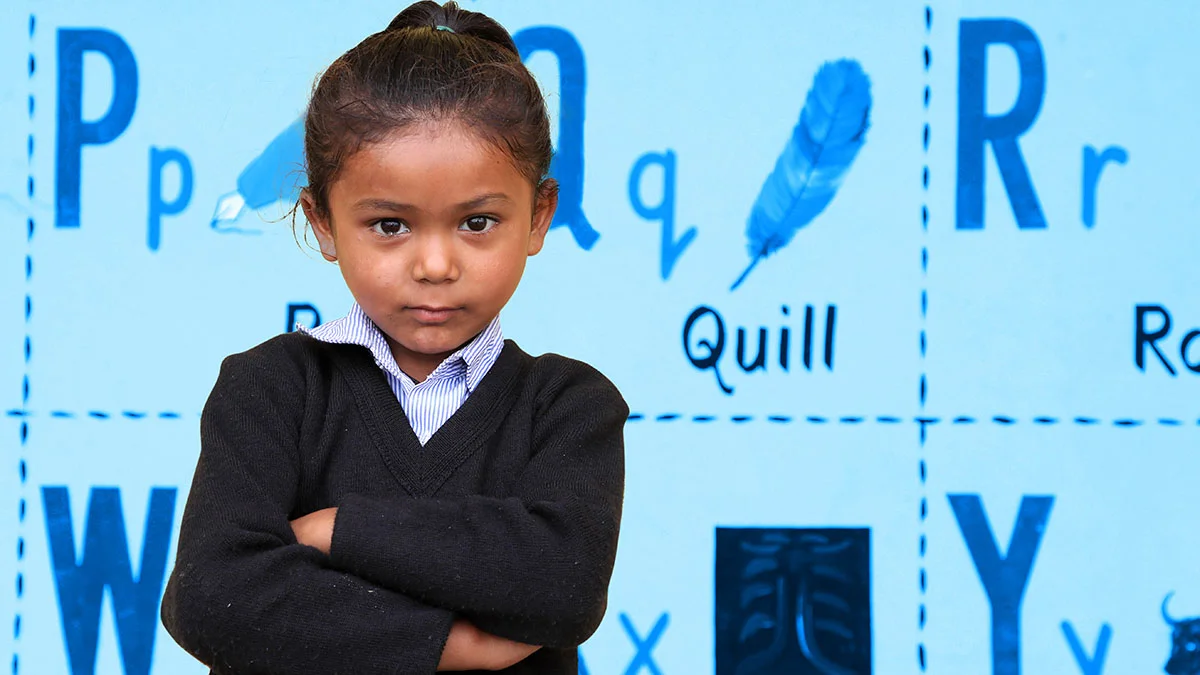On May 24, 2024, the Council of the European Union approved the Corporate Sustainability Due Diligence Directive (EU CSDDD). UNICEF welcomes this important milestone for a more comprehensive corporate responsibility for human and child rights.
The EU CSDDD introduces obligations for large companies in the EU regarding human rights and environmental standards in their activities. The rules apply to companies’ own business activities as well as those of their subsidiaries and partners along their chain of activities. The Directive also affects Swiss companies with annual revenues of 450 million euros or more in the European Union. The EU Member States now have two years to transpose the Directive into national law.
In the negotiating process, UNICEF advocated for the appropriate consideration of child rights in the Directive and put forward four clear demands for the EU CSDDD. The final text of the EU CSDDD cites the UN Convention on the Rights of the Child and, with a view to corporate responsibility, highlights especially relevant child rights such as the prohibition of child labor, the best interests of the child, the right to health, access to education, the right to adequate living conditions and protection from economic exploitation, sexual abuse, abduction and child trafficking. The working conditions of parents, which are covered in the EU CSDDD through discussion of living wages and fair working conditions, also directly impact the lives and development of children.
Specific focus on children is key, as children make up one third of the world’s population. They are still developing (both physically and mentally), are more vulnerable and have different needs than adults do. The impacts of business on children are therefore very different from those on adults. When the focus of corporate due diligence is mainly on adults, child rights issues are very likely to be overlooked.
Taking child rights into account does not require businesses to introduce new processes. UNICEF recommends that child rights be incorporated into existing guidelines (human rights policies, codes of conduct, sustainability strategies, etc.) and processes (due diligence, risk and impact assessments, remediation processes, complaint mechanisms, etc.) and that these be evaluated from the perspective of ensuring child rights. UNICEF has compiled various tools and resources for this, which can be found here.
In Switzerland, the Ordinance on Due Diligence and Transparency in relation to Minerals and Metals from Conflict-affected Areas and Child Labor entered into force in early 2022. Swiss companies to which the Ordinance applies are reporting this year for the first time on their activities, with the aim of ensuring that their products and services do not involve child labor.
UNICEF Switzerland and Liechtenstein has criticized the Ordinance’s limited focus on child labor, claiming that corporate impacts on child rights go well beyond child labor. We call for Switzerland to quickly introduce internationally harmonized legal obligations for human rights due diligence, based on the European Union’s more comprehensive standards.
